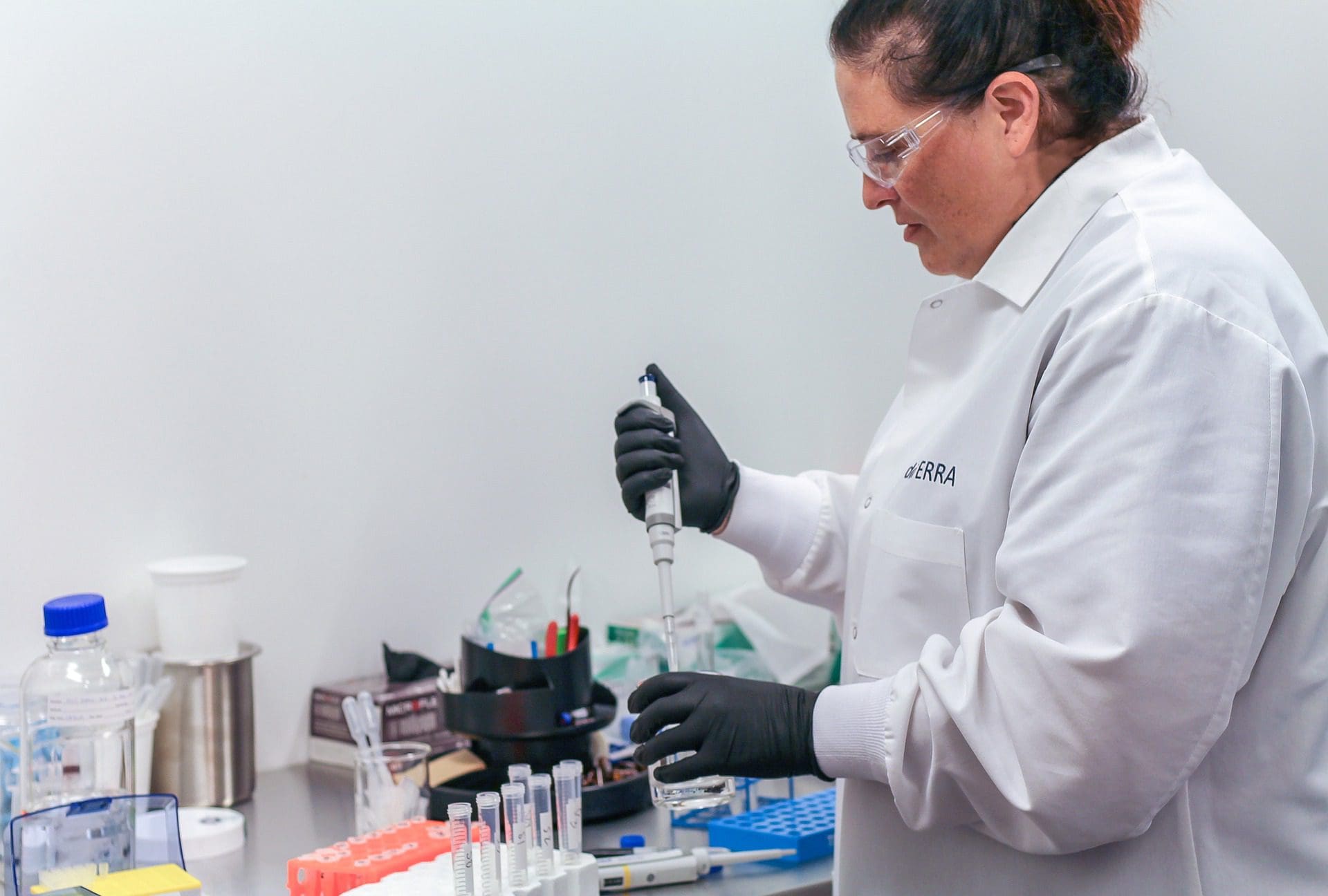Biochemistry is central to every area of life and biological sciences. It may be described as the chemistry of life. Biochemists study various chemical processes that take place inside living organisms. From animals and plants to bacteria and viruses, biochemistry brings together chemistry and biology. It uses knowledge and methods of chemistry to help understand and solve biological problems.
If you’re interested in biochemistry and want to further your knowledge about it, getting an online biochemistry tutor can help you. Just make sure to choose the right tutor based on your needs.
Basics of Biochemistry

Biochemistry involves chemical science and life sciences. It explores the chemistry of the living organisms as well as the molecular basis for the changes happening in the living cells.
Biochemistry is one of the foundations of understanding biological processes. It provides explanations for the causes of numerous diseases in plants, humans, and animals. Moreover, it utilizes molecular biology, immunology, physics, and chemistry to study the behavior and structure of the complex molecules found in biological materials. It explains the ways in which such molecules interact to form whole organisms, cells, and tissues.
For instance, biochemists are interested in how the brain functions, communication between and within the organs and cells, cellular differentiation and multiplication, and chemical bases of diseases and their inheritance. Biochemists also seek to determine how molecules, such as those in hormones, vitamins, lipids, nucleic acids, and proteins, function in such body processes.
Biochemistry as a Practical Science
Since biochemistry unravels the complex chemical reactions that happen in different life forms, it offers the basis for practical advances in biotechnology, agriculture, human medicine, and veterinary medicine. It includes and underlies exciting new fields like bioengineering and molecular genetics.
The methods and knowledge developed by many biochemists are applied in agriculture, medicine, and other health-related and chemical industries. Besides, biochemistry helps research and understand the functions and structures of proteins and genetic engineering. Both are the basic components of biotechnology.
Biochemistry as an Essential Science
Biochemistry is the foundation for understanding every biological process. This branch of science has provided explanations about the causes of various diseases in plants, humans, and animals. It can also help suggest some ways how diseases can be cured or treated.
Biochemistry as a Varied Science
Biochemistry is considered the broadest among basic sciences. It includes many sub-specialties, including immunochemistry, biochemical pharmacology, molecular genetics, bioorganic chemistry, physical biochemistry, and clinical biochemistry. Recently, advancements in such areas have led to the discovery of links between biochemistry, technology, and chemical engineering.
How Different is Biochemistry from other Biological Subjects?

Subjects in other biological sciences are concerned with organisms, groups of organisms, or whole organisms. However, biochemistry is different since it considers how everything works at the molecular level. In short, it involves examining what happens inside the cells. For instance, it studies how various components within the cell work together for the cell to function.
It involves studying processes including how essential biological molecules are made inside bodies, how cells convert food into energy, and how DNA determines the creation of proteins.
Also, it investigates how the cells communicate with one another. It helps us determine how bodies develop and grow, how cells repair when they get damaged, and how the immune system functions.
Another essential part of biochemistry is understanding how molecular structures play their roles within the cells. For instance, it studies how the shape of an enzyme’s active site relates to its substrate and enables the enzyme to work as a catalyst.
Such information enables everyone to predict how the molecules will work, which means people can use computers for modeling how various molecules may interact with one another. It’s also useful when creating new medicines. If you know the shape of the molecule in the body that you need to target, you can design a medication that has the perfect shape to interact with that shape.
Applications of Biochemistry
There are many applications of biochemistry, and these include the following:
- It can be used for studying the properties of biological molecules for various purposes. For instance, biochemists may study keratin’s characteristics in the hair so that shampoos can be developed to enhance softness or curliness.
- Biochemistry is used for learning is used for learning about the biological processes that take place in organisms and cells.
- Biochemists may help cells to produce new products. That’s why gene therapy is a part of biochemistry. Biological machinery is also included in the world of biochemistry.
- Biochemists can find an alternative for usual biomolecules. For instance, biochemists may help develop some artificial sweeteners.
- Biochemists look for applications of biomolecules. They can use a particular lipid as a food additive.
Industries That Use Biochemistry

Like other branches of science, biochemistry is also applied in various industries. Some examples include:
Pharmaceutical Industries
This industry produces, markets, and develops drugs licensed for use as medications for animals or humans. Several pharmaceutical companies deal with branded and generic medical devices and medications. Pharmaceuticals, as well as medical devices, are subject to several country-specific regulations and laws regarding safety assurance, testing, patenting, marketing, monitoring, and efficacy. It is used at various stages of drug development and testing.
Biotechnology Industry
Short for biotech, biotechnology is an application of biology which involves the use of living organisms as well as bioprocesses to modify or create products for a particular use. Plant cultivation is considered biotechnology’s earliest example and the precursor to tissue and cell culture technologies and modern genetic engineering. Every biotechnology product is the result of organic chemistry.
Biotechnology is also used in crop production, agriculture, healthcare, creating non-food uses of products and crops, and environmental applications.
Conclusion
Regardless of whether you’re planning to get a biochemistry major or just want to learn about this branch of science, there are many benefits of learning about biochemistry. For the past several years, biochemists have been responsible for various crucial breakthroughs that have helped us understand living organisms. Such discoveries have impacted other fields of science, such as veterinary science, biotechnology, agriculture, medicine, and environmental science. The above information will get you started on your journey to learn more about this wonderful science.





